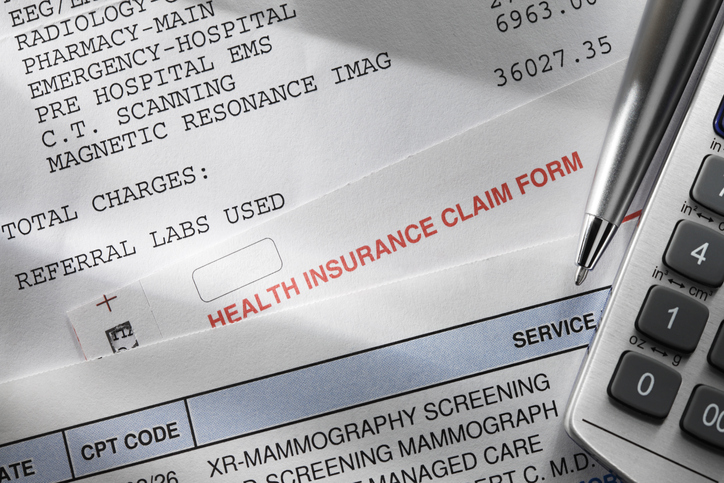10.25.23
How Long Should Financial Records Be Kept?


Free document shredding
Consumers member have access to complimentary document shredding at each of our offices.
Find nearest officeDiscover what to shred or delete and when.
If you have a stash of financial records that’s outgrown its storage space, you may be wondering what to keep and what to shred or delete. Here’s a quick rundown on how long to keep financial documents and receipts.
How Long Should You Keep These Financial Records?
Daily transactions – receipts, ATM slips
Most receipts for daily transactions like cash and credit card purchases, bank deposits and ATM slips can be shredded as soon as they are reconciled with monthly statements. The exception to this rule is receipts used for tax purposes—such as expenses for medical, business, rental property or childcare purposes, as well as flexible spending account purchases and student loan interest.
Some people shred paper receipts used for tax purposes after scanning them digitally. If you scan and save receipts, make sure to have a backup on a cloud service or hard drive.
Tax Returns
Keep tax returns and supporting documents (like the receipts mentioned above) for seven years.
Insurance policy documents
For home and auto insurance only keep documents for the policy that’s current. The exception is if you have an open claim; in this case, keep the policy until the claim is settled.
Monthly bank statements and account statements
If you receive an annual summary for things like a brokerage account or credit card, shred monthly statements after receiving the summary.
Monthly bank statements for checking accounts and savings accounts should be kept for one year.
Utility bills
Utility bills can be shredded when payment clears. The exception to this is when your utility bills can be written off as a business expense on your taxes, whether in full or in part.
Medical bills
Paid-off medical bills should be held for at least a year in the event of a future dispute or issue.
Insurance claims and insurance disputes
Hold onto paperwork concerning insurance claims or disputes until the matter is cleared.
FSA receipts
Keep all flexible spending account (FSA) receipts for up to seven years in case of an audit. If you do get audited, you’re responsible for proving the funds were spent on qualified medical purchases.
Loan payoffs
Keep records of loan payoffs, such as a vehicle loan, until you sell the asset.
Some people like to keep all loan payoff documents indefinitely, especially for mortgages, just in case a question of repayment arises.
Investment purchases
Keep records of investment purchases of stock and bonds until you sell them. The purchase confirmation will be used to evaluate profit or loss, as well as establish cost basis and holding period.
What records should I keep forever?
Some original documents should always be kept, including:
- Birth certificates
- Death certificates
- Social Security cards
- Adoption papers
- Passports
- Immigration documents
- Wills and powers of attorney
- Marriage licenses
- Divorce decrees
- Military discharge papers
- Beneficiary forms
Free document shredding for Consumers members
Did you know that Consumers members have access to complimentary document shredding? It’s available at each of our offices. Simply place your documents in the locked bin and a Data Guardian shred truck will come to securely destroy the contents.
Federally insured by NCUA

Free document shredding
Consumers member have access to complimentary document shredding at each of our offices.
Find nearest office

